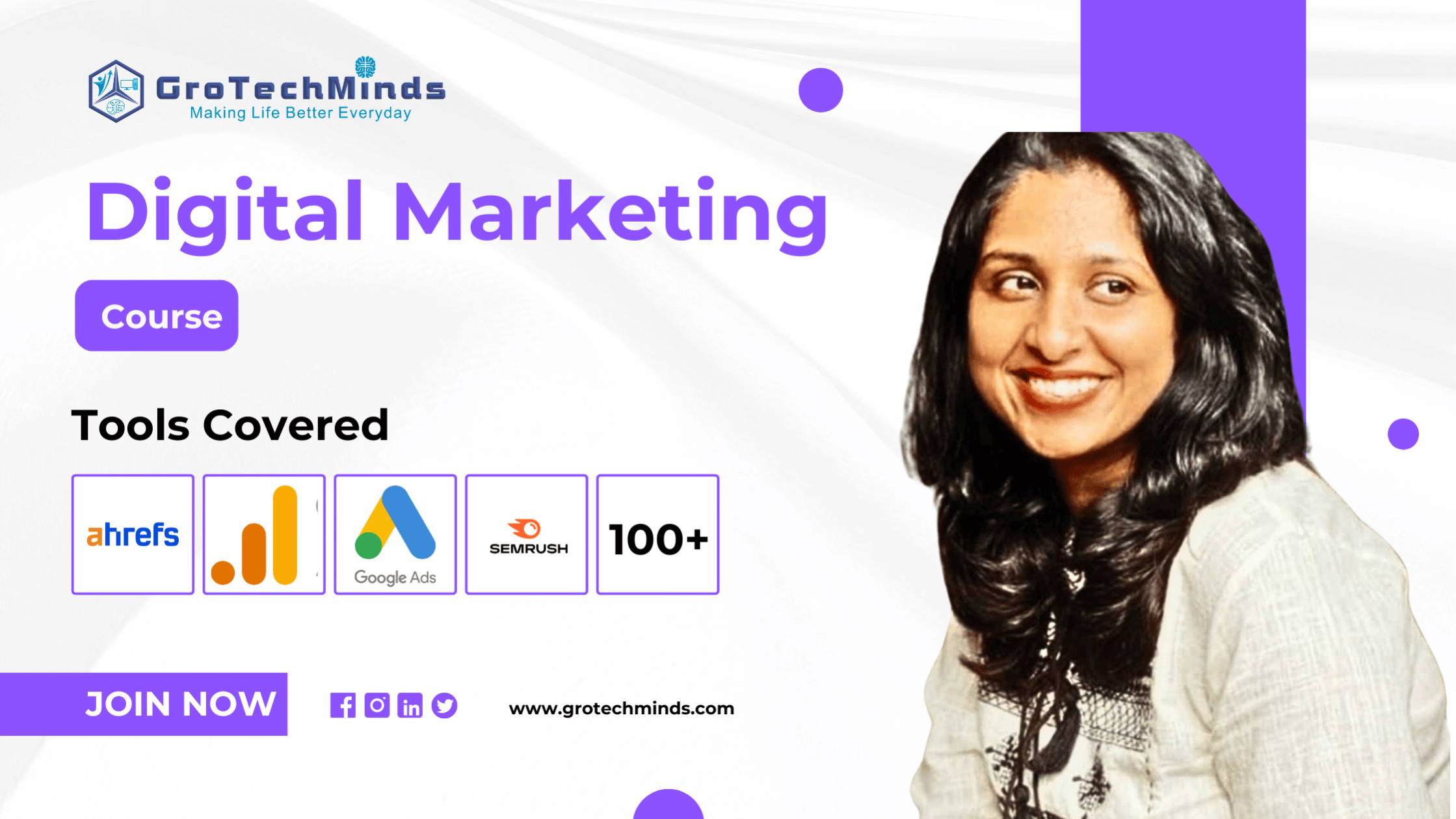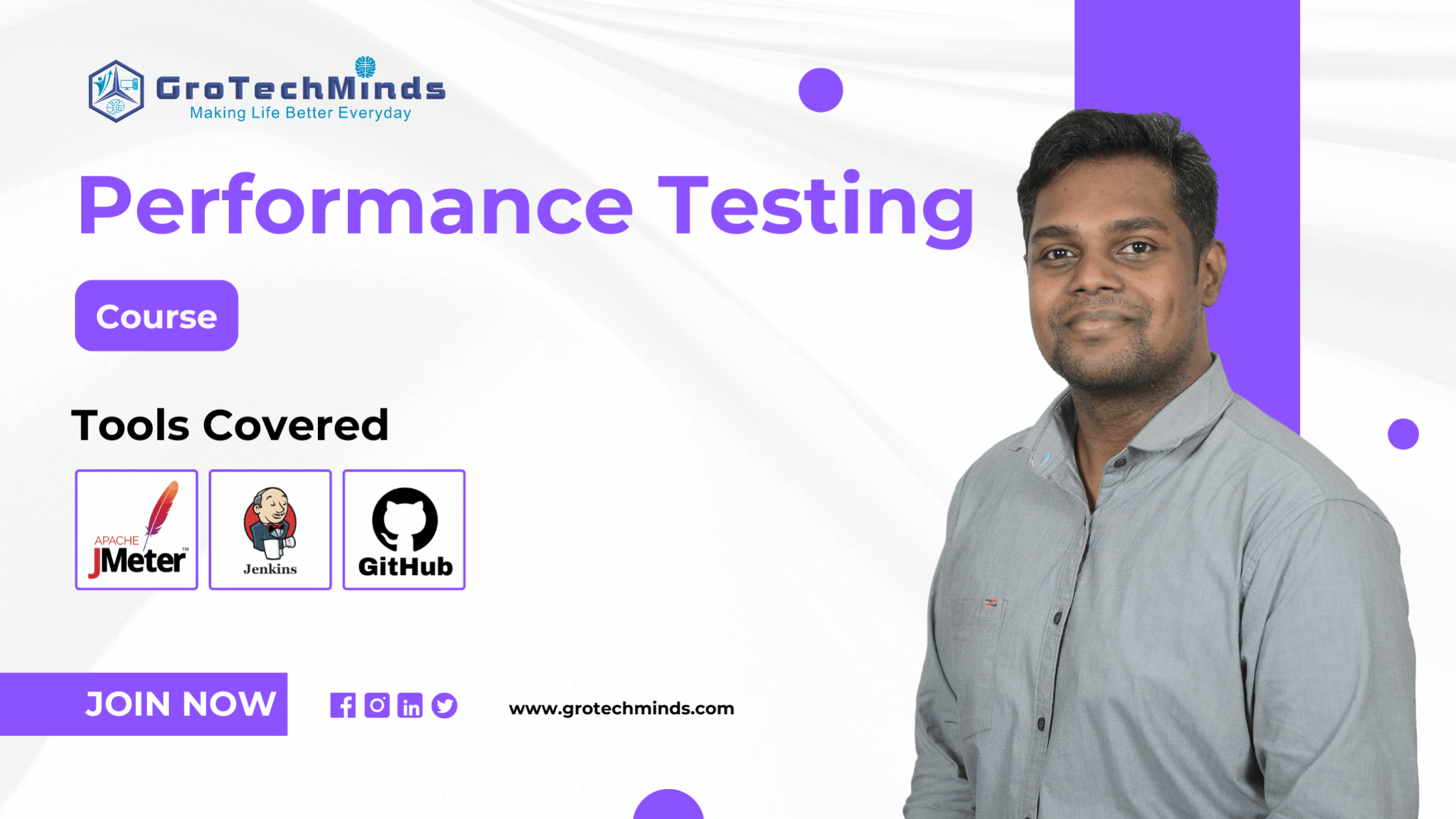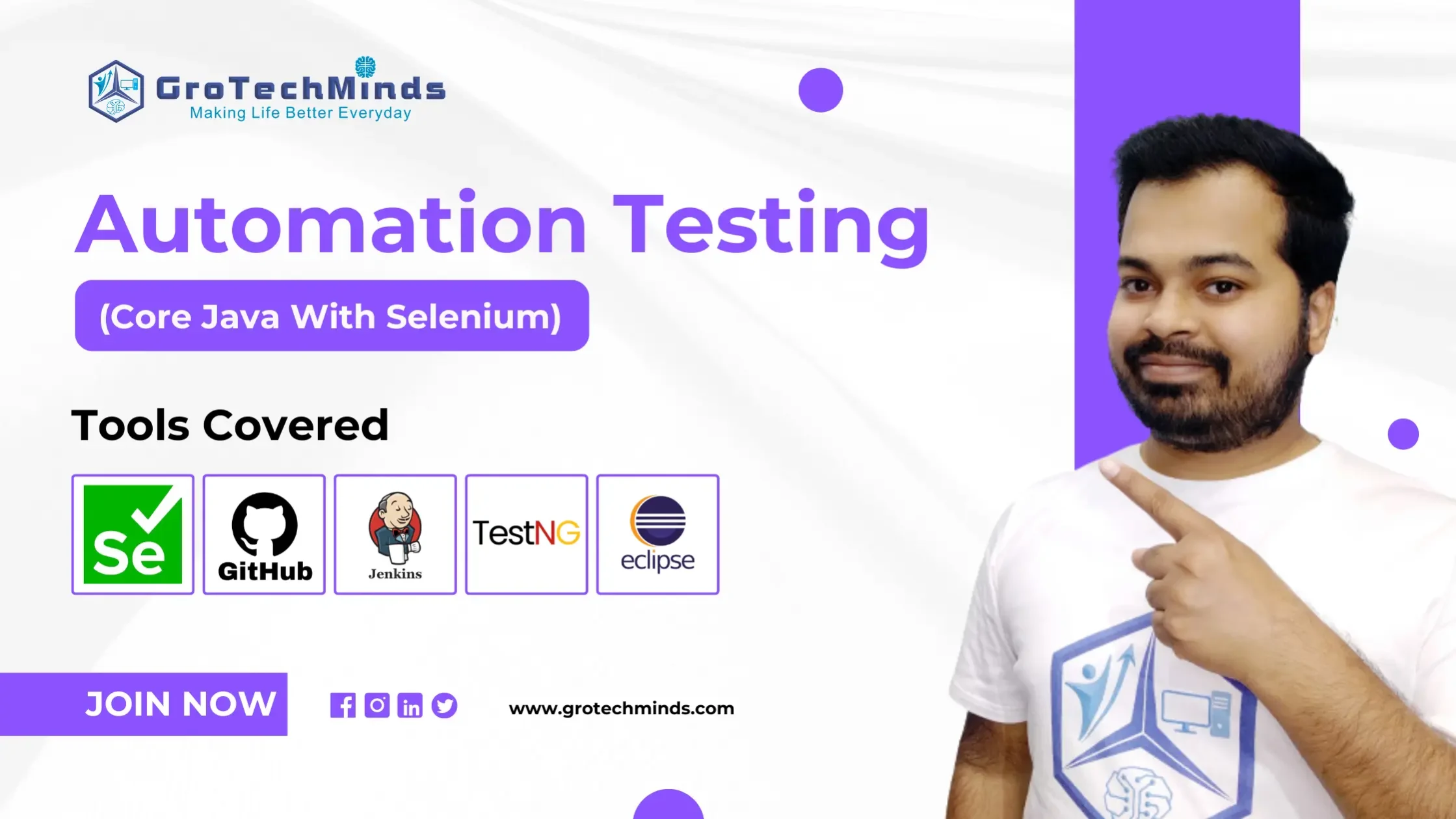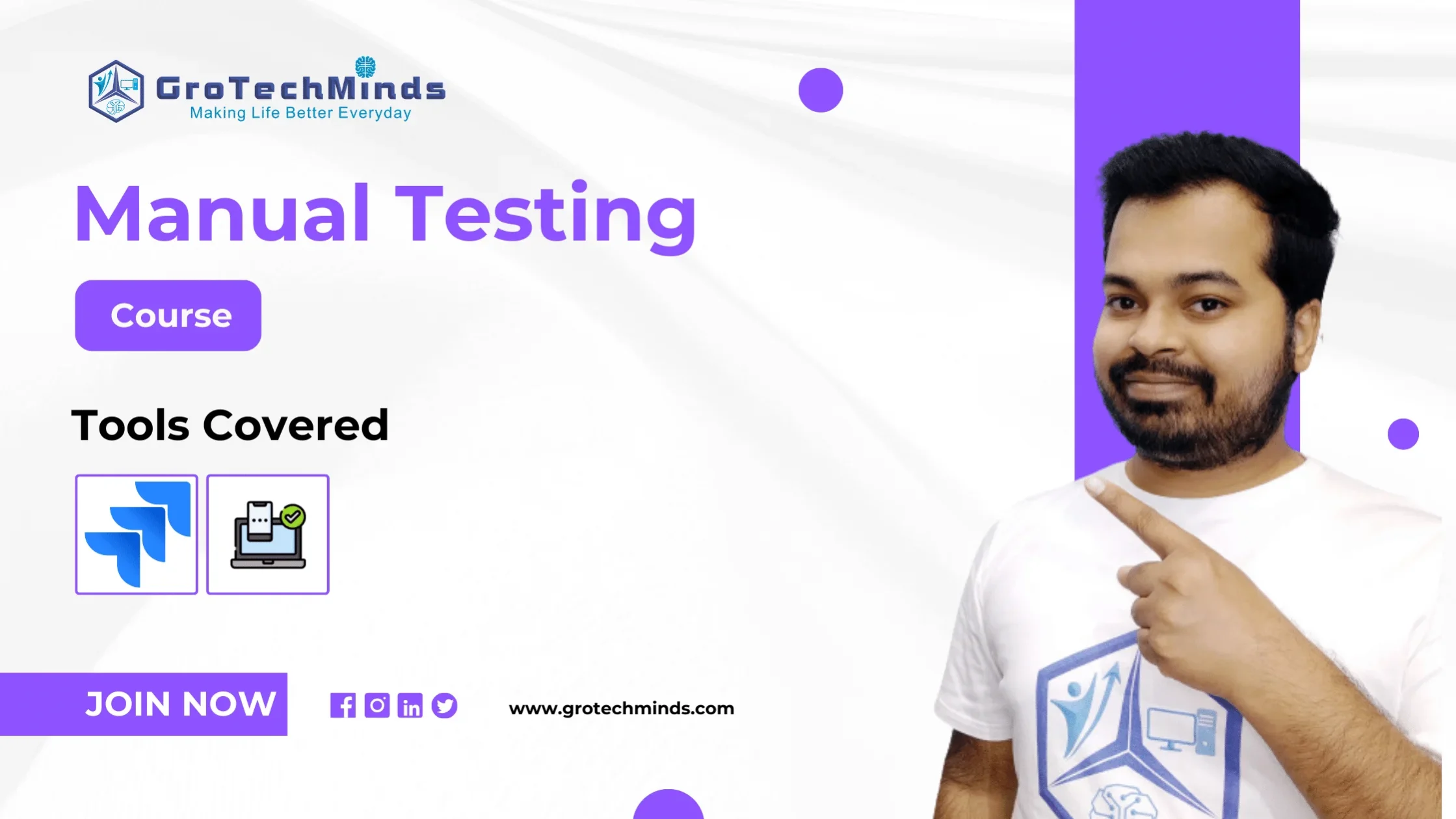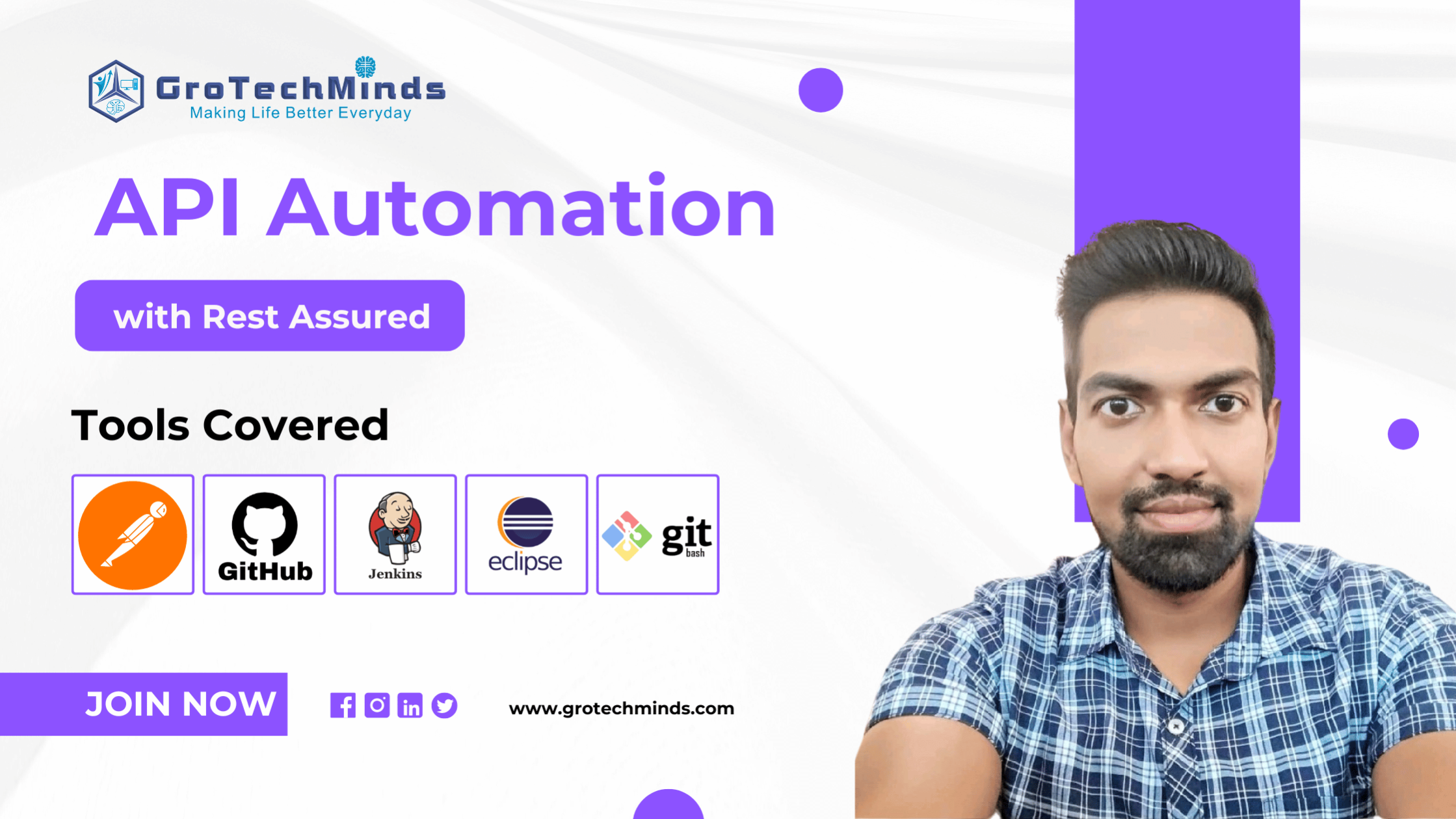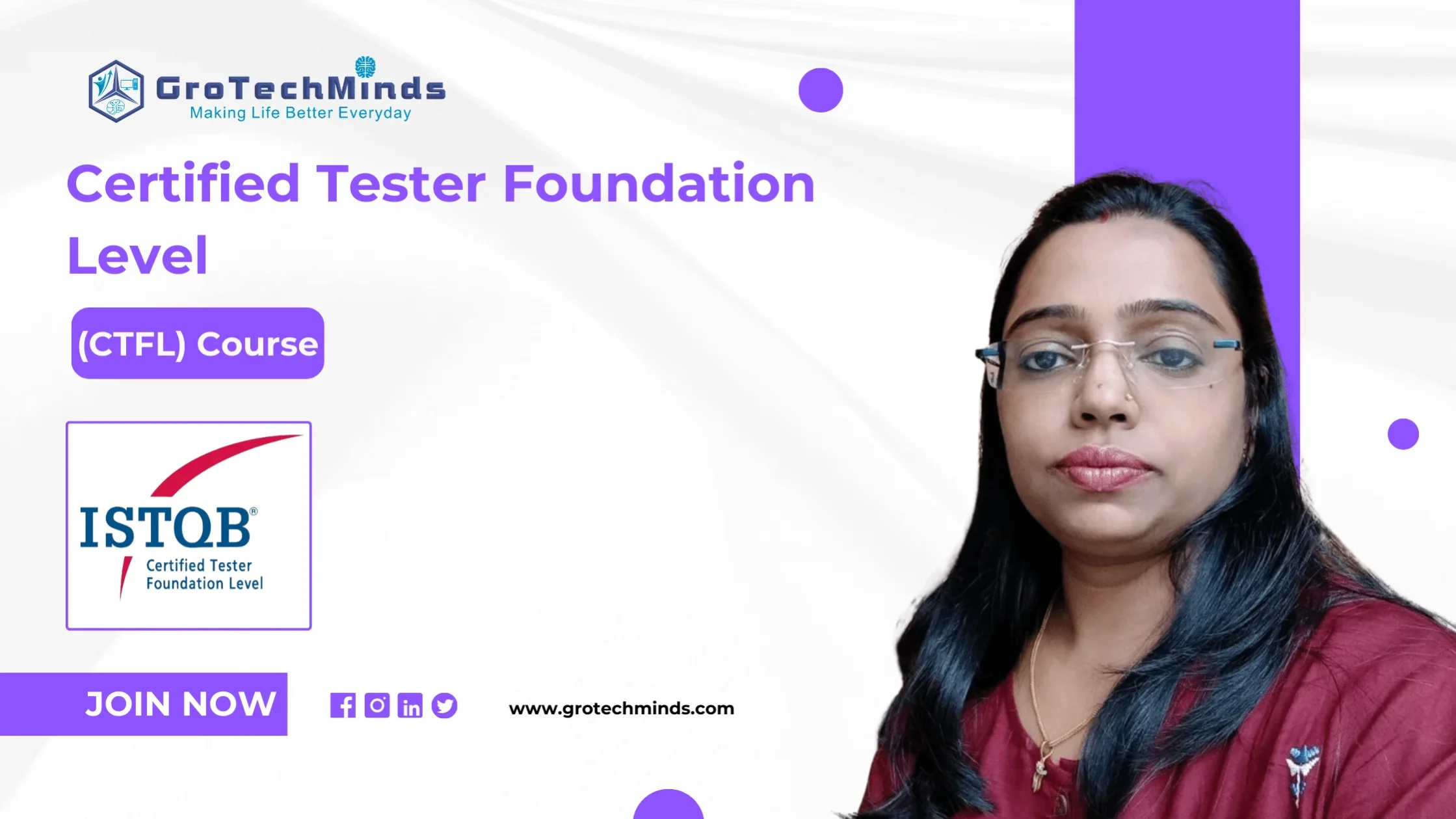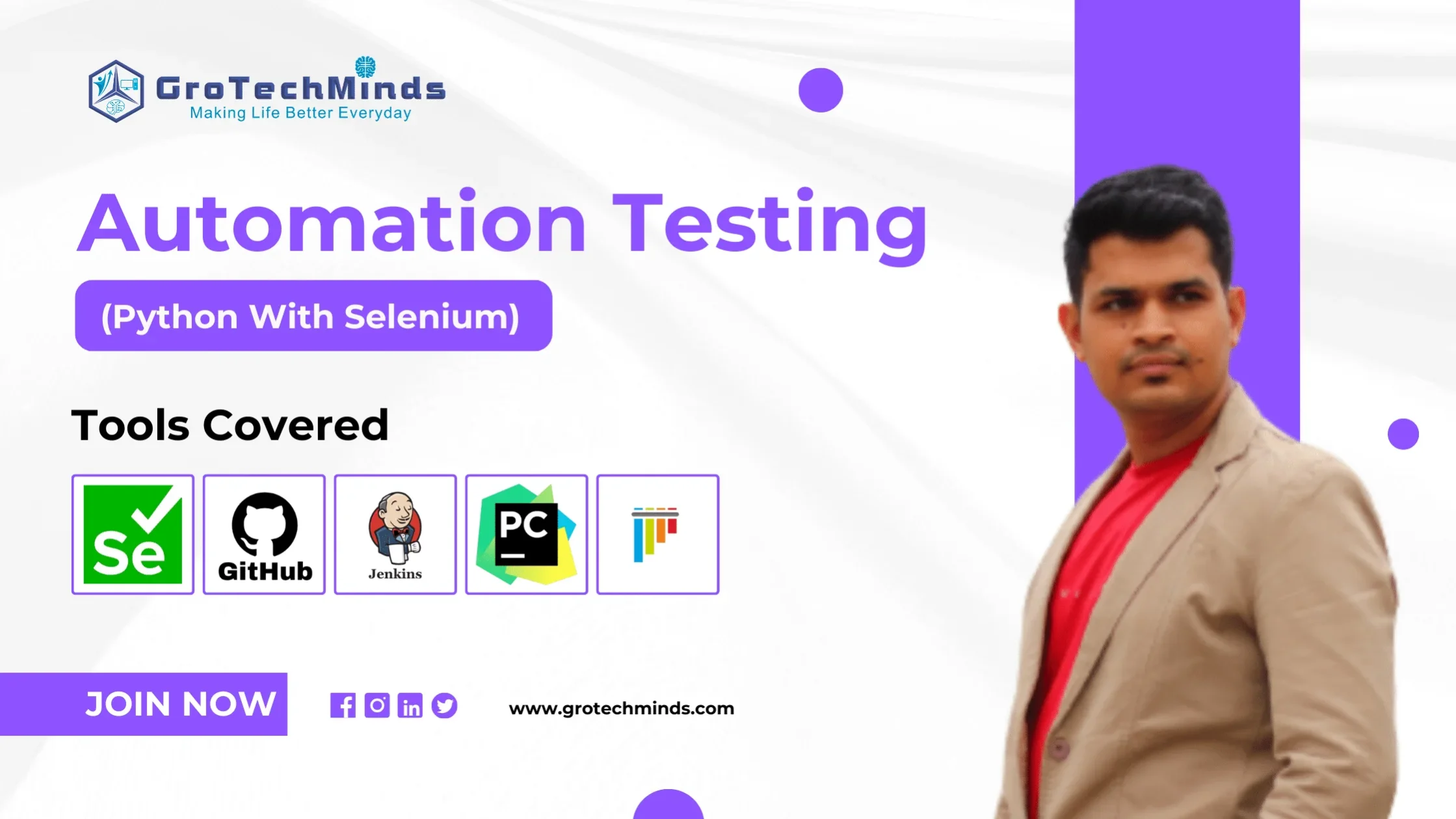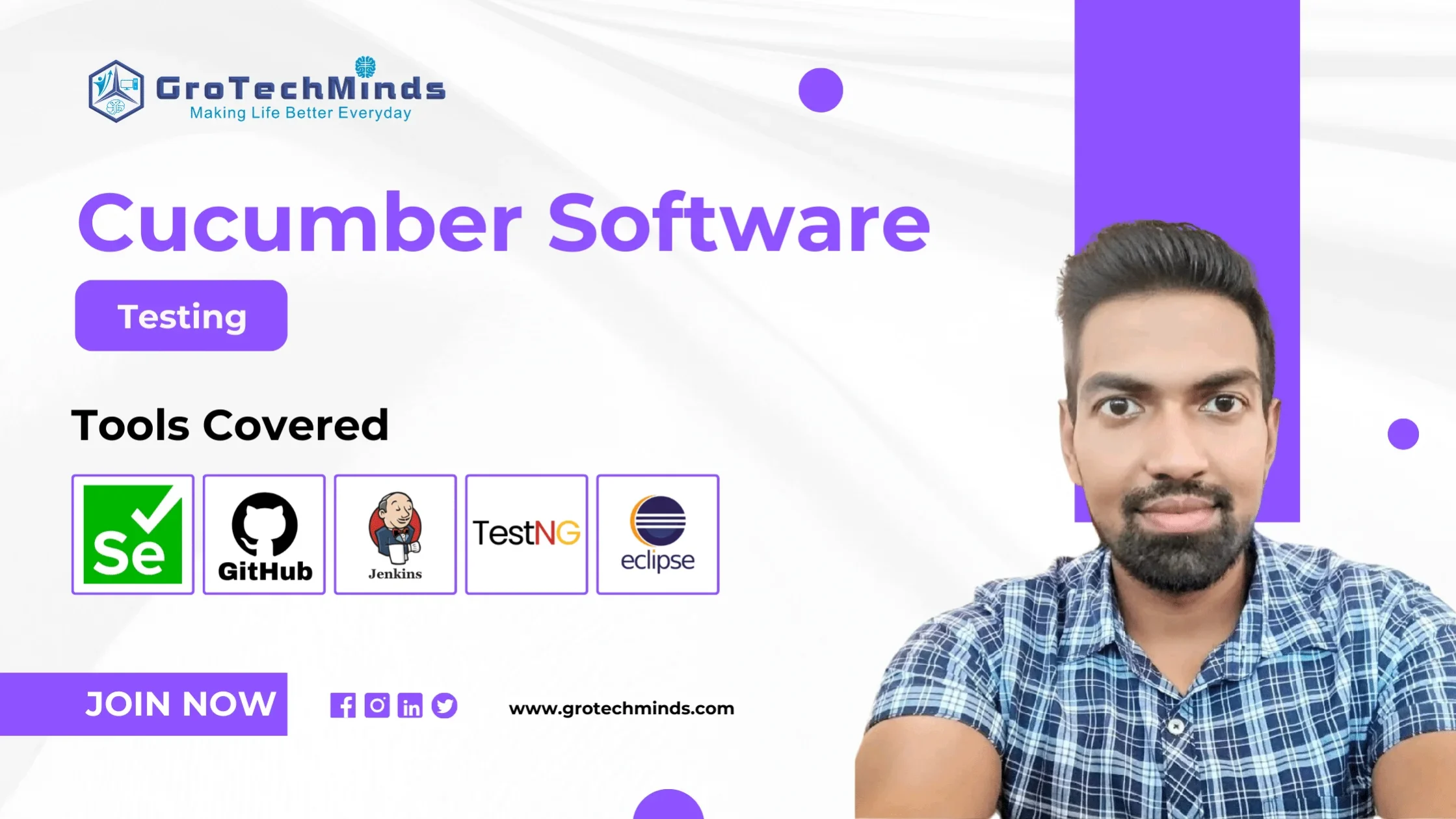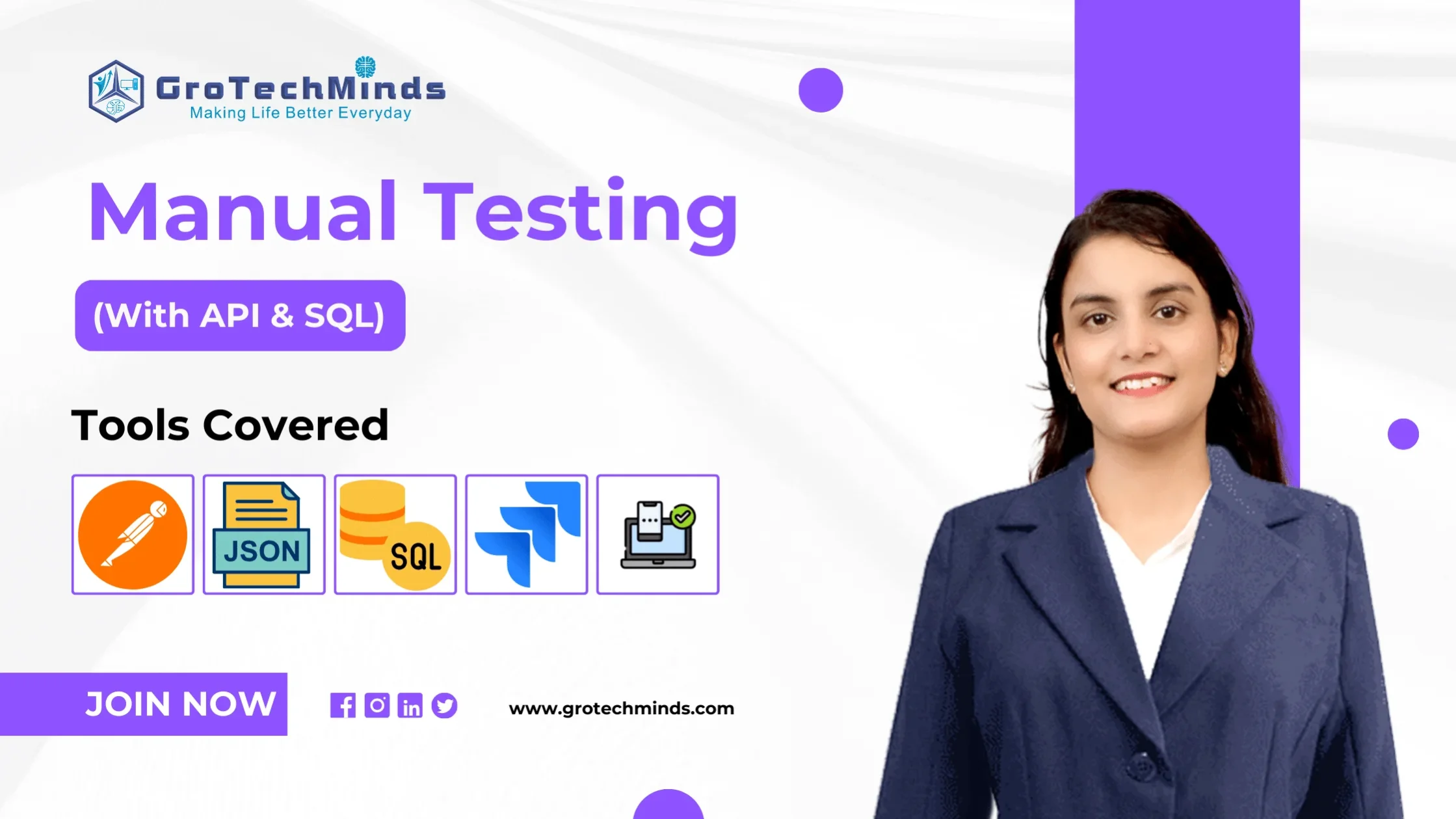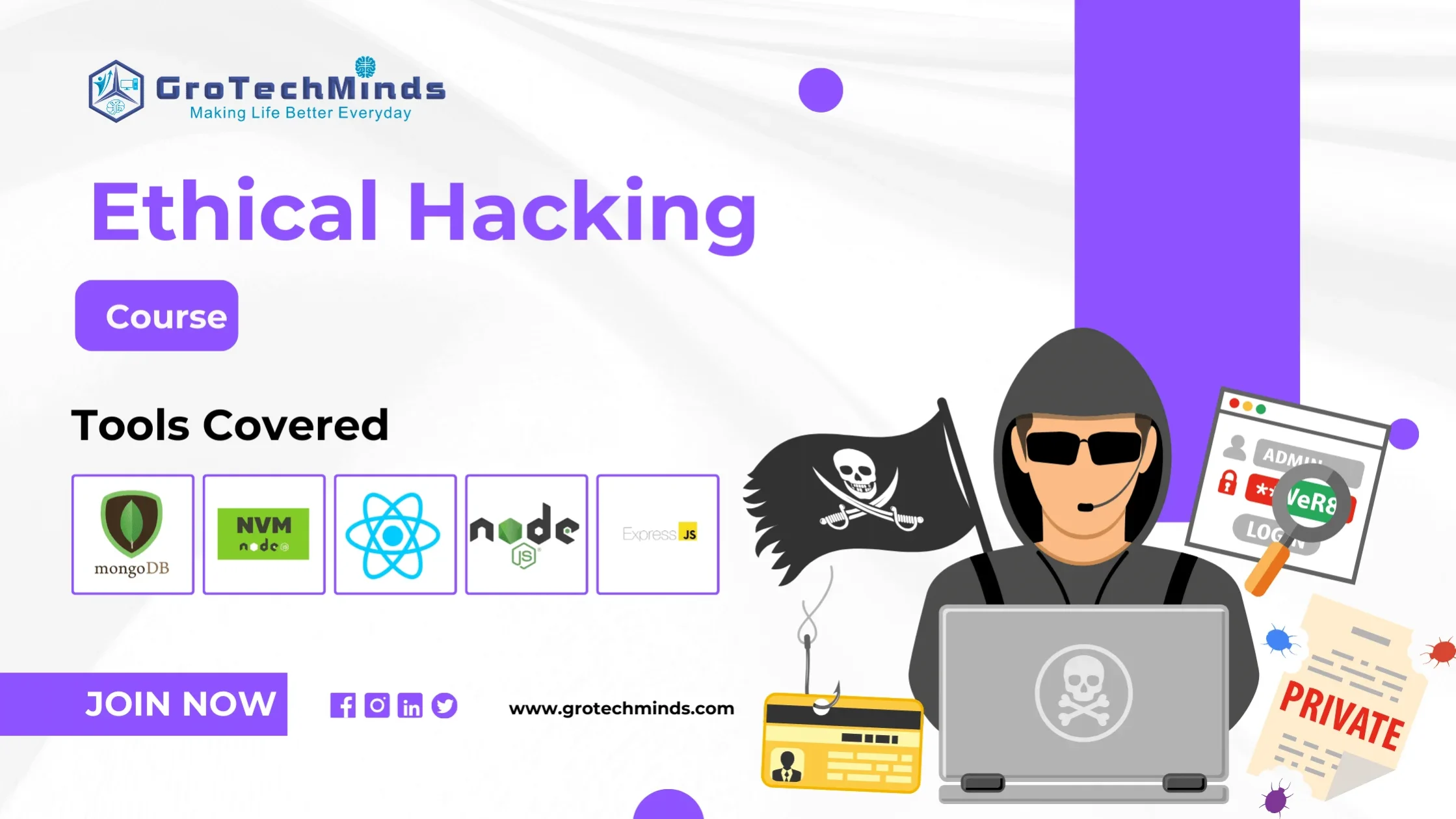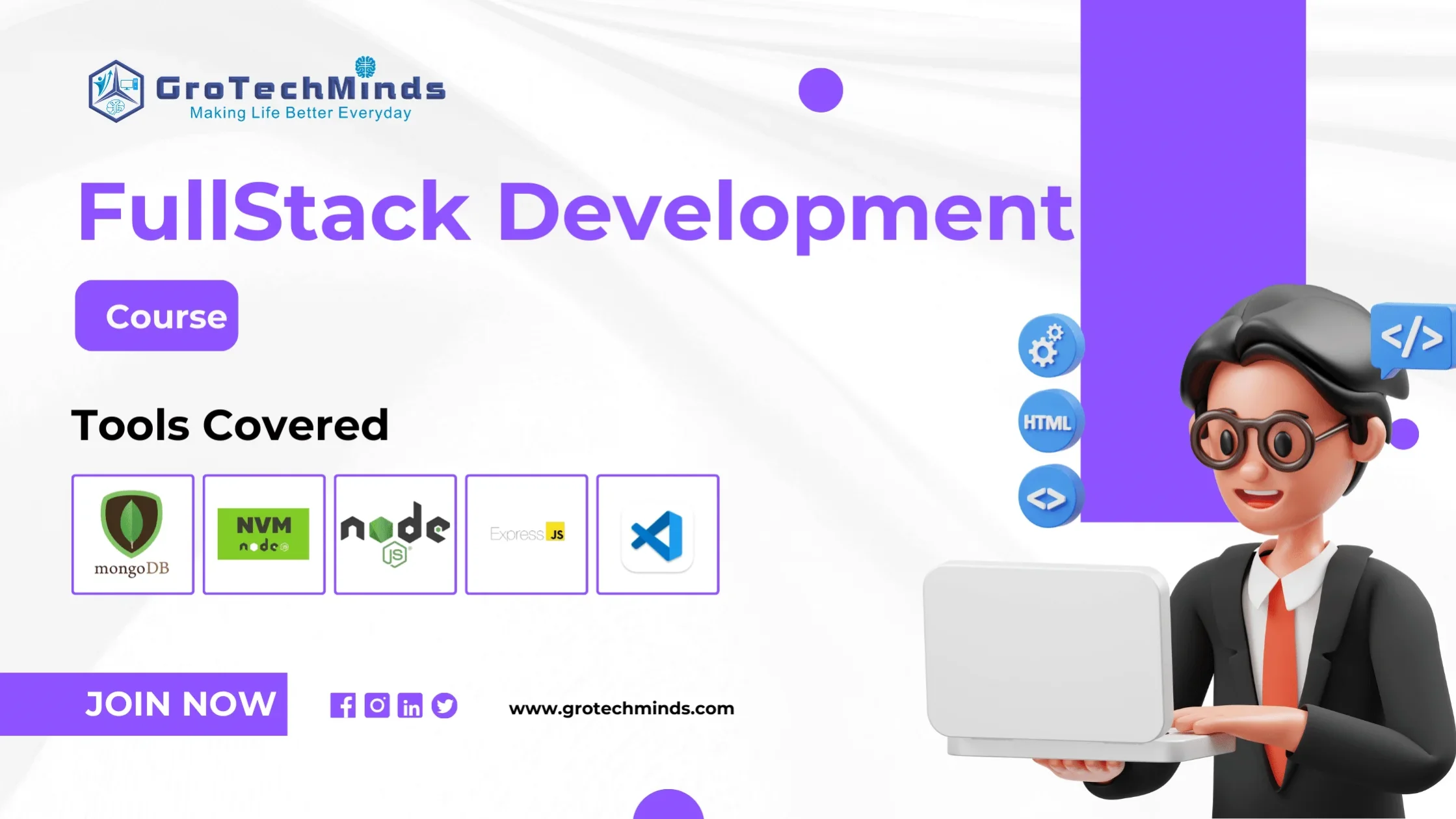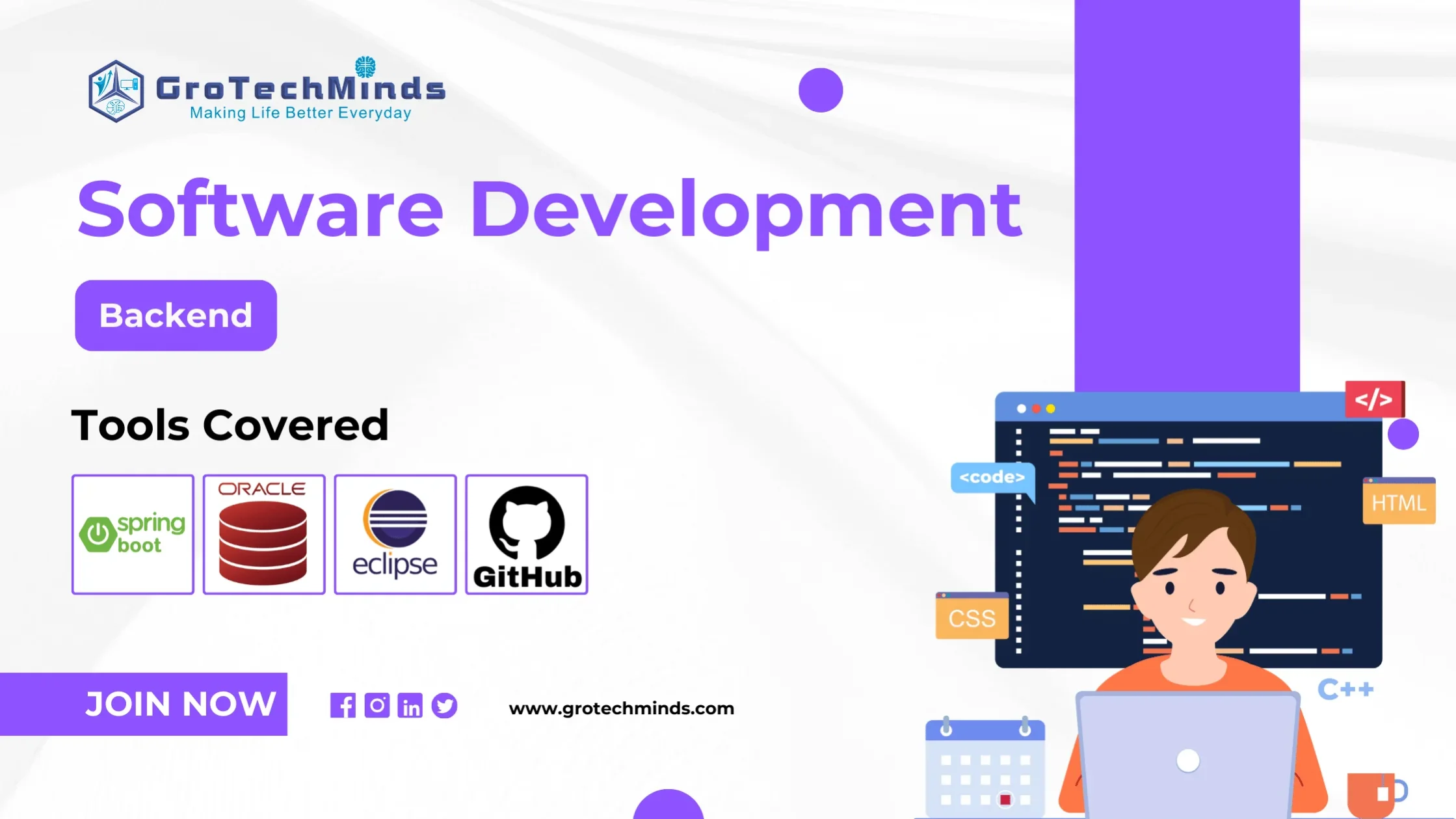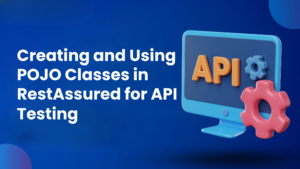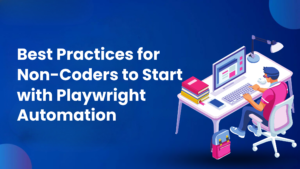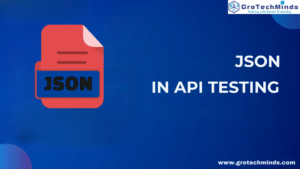

Content Marketing In Digital Marketing
Content marketing is a crucial part of digital marketing. It involves creating and sharing valuable content consistently to attract and retain a specific audience. This can be done through various channels such as blogs, newsletters, videos, and social media posts.
- Building brand awareness and increasing visibility organically by creating and optimising strategic content.
- Generating leads through valuable content offerings.
- Building customer trust and loyalty to improve conversions through effective storytelling.
By fulfilling these roles, content marketing becomes an essential tool for businesses looking to not only grab attention but also build lasting connections with their target audiences.
Content marketing plays a crucial role in digital marketing strategies, offering several key benefits that can help businesses achieve their goals.
Let’s explore these benefits in more detail:
Strategic content creation and optimization are essential for building brand awareness and increasing organic visibility. Here’s how it works:
- Consistently produce high-quality content that aligns with your target audience’s interests and needs.
- Establish your brand as an authoritative voice in your industry.
- Use search engine optimization (SEO) techniques to rank higher in search engine results.
- Drive more organic traffic to your website.
- Leverage social media platforms to share and promote your content
Content marketing provides an opportunity to capture leads by offering valuable content such as ebooks, whitepapers, webinars, or free trials. Here’s how it works:
- Create compelling content that addresses the pain points of your target audience
- Attract potential customers who are interested in what you have to offer
- Use these content offerings as lead magnets to collect contact information
- Nurture these leads through targeted email campaigns or other follow-up strategies
effective storytelling is a powerful tool for building trust and fostering customer loyalty. Here’s how it works:
- Use engaging narratives to establish an emotional connection with your audience
- Make them more likely to trust and resonate with your brand
- Consistently deliver valuable and relevant content that addresses their needs
- Position yourself as a reliable source of information
- Earn their trust over time, increasing the likelihood of conversions
- Build brand awareness
- Drive lead generation efforts
- Foster customer trust and loyalty
By using strategic content creation, optimization, and effective storytelling, businesses can achieve their goals and stay ahead in today’s competitive digital landscape. Additionally, having a solid content marketing strategy in place is crucial for success. This involves careful planning, research, and execution to ensure that your content aligns with your overall marketing goals. Understanding key terms and concepts in the marketing world also helps tremendously, so it’s worth familiarising yourself with a comprehensive marketing glossary that provides insight into industry jargon and best practices.
Content marketing has become a popular profession in the digital age, connecting with different roles in the field of digital marketing. As businesses increasingly understand the significance of content in their marketing strategies, there is a growing need for skilled content marketers who can create compelling and engaging content that connects with target audiences. Here are some important skills and knowledge areas for aspiring content marketers to learn:
Strong writing skills are essential for content marketing. Content marketers must be able to create well-written, engaging, and persuasive content across various formats such as blog posts, articles, social media posts, and email newsletters. They should have a good understanding of storytelling techniques and know how to develop narratives that capture their audience’s attention.
Understanding SEO is crucial for content marketers to ensure their content ranks well in search engine results. This involves conducting keyword research, optimising on-page elements (such as meta tags and headings), and creating high-quality backlinks. Content marketers should have a solid grasp of SEO best practices to drive organic traffic to their content.
The ability to analyse data and derive meaningful insights is essential for measuring the success of content marketing efforts. Content marketers should be familiar with tools like Google Analytics to track key metrics such as website traffic, engagement rates, conversion rates, and social media reach. This data helps them understand what types of content resonate with their audience and make data-driven decisions to improve their strategies.
In addition to these skills, there is a wide range of job opportunities and potential career growth paths within the field of content marketing. Some common roles include:
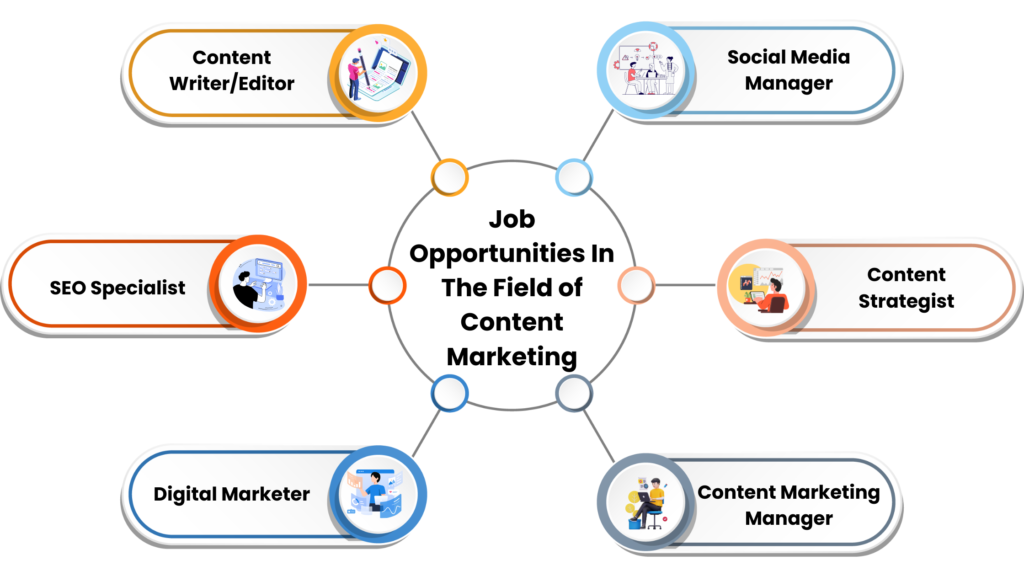
- Content Writer/Editor
- Social Media Manager
- SEO Specialist
- Content Strategist
- Digital Marketer
- Content Marketing Manager
Aspiring content marketers can pursue these roles in various industries such as e-commerce, publishing, media, and marketing agencies. With the right skills and experience, content marketers can advance their careers and take on leadership positions within organisations.
By mastering the essential skills and exploring different career paths, individuals can build a successful career in content marketing, leveraging their creativity, strategic thinking, and storytelling abilities to drive digital success for businesses.
Content strategy and planning are essential components of a successful content marketing campaign. By strategically planning and creating different types of content, businesses can effectively engage their target audience, drive traffic, and achieve their digital marketing goals.
Successful digital marketing strategies utilise a variety of content types to cater to different audience preferences and capture their attention. Some common types of content used in content marketing include:
- Blog posts: Informative articles that provide valuable insights, tips, and advice on relevant topics within the industry. Blog posts help establish thought leadership, boost website traffic, and improve search engine rankings.
- Videos: Engaging visual content that allows businesses to deliver their message in a more dynamic and interactive way. Videos can include tutorials, product demonstrations, interviews, or behind-the-scenes footage.
- Infographics: Visual representations of information or data that simplify complex concepts and make them easier to understand. Infographics are highly shareable and can help increase brand visibility.
- Podcasts: Audio recordings that allow businesses to share valuable insights or interview industry experts. Podcasts are gaining popularity due to their convenience and ability to reach a wide audience.
- Ebooks/White Papers: In-depth guides or research papers that offer comprehensive information on specific topics. Ebooks and whitepapers are often used as lead magnets to capture email addresses and generate leads.
To ensure consistency in content creation and maximise results, it is crucial to develop a cohesive content calendar. A content calendar helps with:
- Planning: By mapping out the topics, formats, and distribution channels in advance, businesses can plan their content creation process more efficiently.
- Consistency: Regularly publishing high-quality content establishes trust with the audience and keeps them engaged. A content calendar ensures that content is consistently produced and delivered on time.
- Diversification: A well-planned content calendar allows businesses to diversify their content types and formats, catering to different audience preferences and keeping the content strategy fresh and engaging.
- Optimization: By aligning the content calendar with other digital marketing activities, such as SEO and social media campaigns, businesses can optimise their efforts for maximum impact.
Developing a content strategy and planning the creation of various content types through a cohesive content calendar forms the foundation of effective content marketing. It helps businesses engage their target audience, drive traffic, and achieve their digital marketing goals.
To effectively engage your target audience, it is crucial to understand their needs, preferences, and interests. By delivering valuable content experiences, you can establish a connection with your audience and drive profitable customer actions. Here are two key strategies for creating compelling and relevant content for diverse audience segments:
1. Understanding the needs and preferences of target audiences:
- Conduct thorough research: Use tools like Google Analytics, social media insights, and surveys to gather data about your audience’s demographics, behaviours, and interests.
- Develop buyer personas: Create detailed profiles that represent your target audience segments. Consider factors such as age, gender, location, motivations, pain points, and preferred communication channels.
- Conduct keyword research: Identify the keywords and search queries commonly used by your target audience. This will help you create content that aligns with their interests and improves search engine visibility.
- Listen to your audience: Engage with your audience through social media platforms, comments sections, or online communities to gain insights into their opinions, feedback, and questions.
2. Tailoring content strategies for different stages of the customer journey:
Remember to regularly analyse the performance of your content using metrics such as engagement rates, click-through rates (CTR), conversion rates, and bounce rates. This will enable you to refine your content strategies and ensure that they continue to resonate with your diverse audience segments.
To maximise the reach and impact of your content, it’s important to optimise it for search engines and social media platforms. By conducting thorough keyword research and implementing on-page SEO techniques, you can improve your content’s visibility in search results. Additionally, crafting shareable content that resonates with social media audiences can help drive engagement and increase your content’s reach.
Here are some key points to consider when optimising your content for search and social media discovery:
- Conducting keyword research: Before creating your content, it’s crucial to understand the keywords and phrases that your target audience is using when searching for relevant information. Use keyword research tools like Google Keyword Planner or SEMrush to identify high-volume keywords with low competition. Incorporate these keywords naturally in your content to improve its search visibility.
- On-page SEO optimization: On-page SEO refers to the optimization techniques you implement directly on your website or blog to improve its search engine ranking. This includes optimising meta tags (title tags, meta descriptions), using header tags (H1, H2, etc.), incorporating relevant keywords in the content, optimising image alt text, and ensuring fast page loading speed.
- Crafting shareable social media content: To increase engagement on social media platforms, create content that is highly shareable and resonates with your target audience. This can include creating visually appealing infographics or videos, writing attention-grabbing headlines, using compelling visuals, and incorporating relevant hashtags.
By optimising your content for search engines and social media platforms, you can increase its visibility and reach a larger audience. This will ultimately drive more traffic to your website or blog and increase the effectiveness of your content marketing efforts.
Key metrics play a crucial role in evaluating the effectiveness of content marketing efforts. By tracking specific indicators, businesses can gain valuable insights into the performance of their content strategies. Some key metrics to consider include:
- Website Traffic: Monitoring the number of visitors to your website can indicate the success of your content in attracting an audience.
- Engagement Metrics: Tracking metrics such as time spent on page, bounce rate, and social media shares can provide insights into how effectively your content resonates with your audience.
- Conversion Rates: Evaluating the percentage of visitors who take a desired action, such as making a purchase or signing up for a newsletter, can help measure the impact of your content on driving profitable customer actions.
- SEO Performance: Assessing the rankings of targeted keywords and the organic search traffic generated by your content is essential for understanding its visibility and reach.
- Lead Quality and Nurturing: Analysing the quality of leads generated through content efforts and their progression through the sales funnel can demonstrate the value of your content in nurturing potential customers.
- Content Consumption Patterns: Understanding which types of content resonate most with your audience and perform well can guide future content creation and distribution strategies.
- Customer Lifetime Value (CLV): Measuring the long-term value that customers attributed to specific pieces of content can provide insights into its impact on customer retention and loyalty.
By consistently monitoring these key performance indicators and leveraging analytics tools, businesses can refine their content marketing strategies for optimal results.
When it comes to content marketing, the synergy between different elements such as SEO and social media plays a crucial role in driving overall digital success. Here are some key talking points to consider:
Leveraging various content distribution channels, including websites/blogs, social media platforms, and email newsletters, allows for broader reach and engagement with target audiences. Each channel offers unique opportunities to connect with users in distinct ways, reinforcing the brand’s presence across multiple touchpoints.
Integrating content marketing efforts with SEO and social media strategies amplifies their collective impact. By aligning these elements cohesively, businesses can ensure that their content is not only discoverable through optimised search visibility but also resonates effectively with social media audiences. For instance, an integrated search strategy can help brands achieve this alignment by ensuring their content is visible across various platforms. This alignment maximises the reach and relevance of the content across different digital platforms.
This interconnected approach creates a unified digital ecosystem where each component reinforces the others, leading to enhanced brand visibility, audience engagement, and ultimately driving overall digital success. Additionally, recognizing the intersection between social media and SEO further strengthens this integrated approach by leveraging the power of both strategies simultaneously.
Content marketing is not just an option; it’s a crucial element for businesses striving for digital success. By embracing the power of compelling and relevant content, businesses can:
- Engage their audience
- Build trust
- Drive profitable actions
As the digital landscape continues to evolve, content marketing remains a key driver of brand visibility and customer loyalty. Remember to practice, stay updated with the latest trends in Digital Marketing Course Certification, and maintain a positive attitude throughout your interview process.Embrace this dynamic strategy and unlock its potential to propel your business forward in the digital realm.
Also read:
Consult Us

